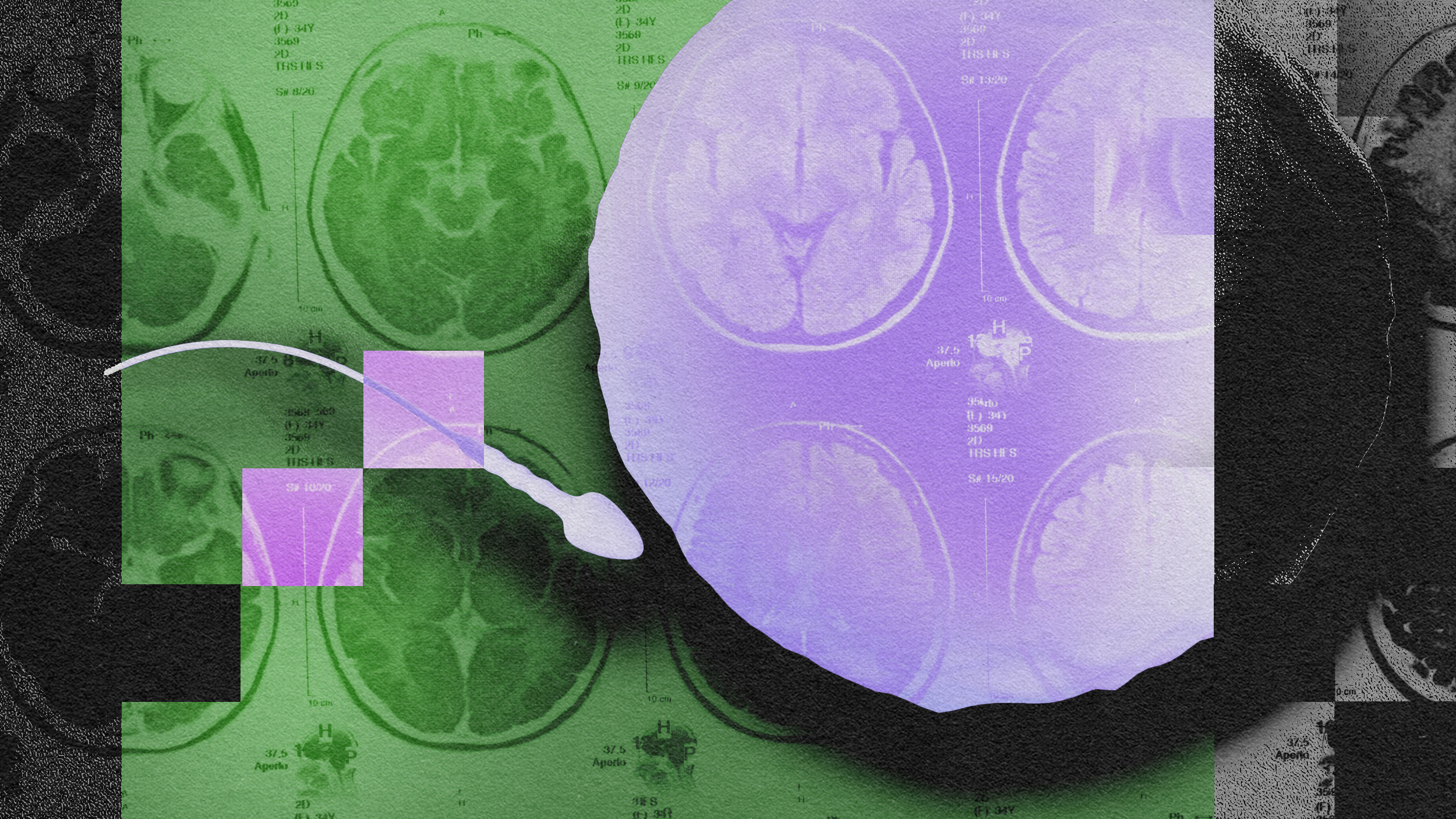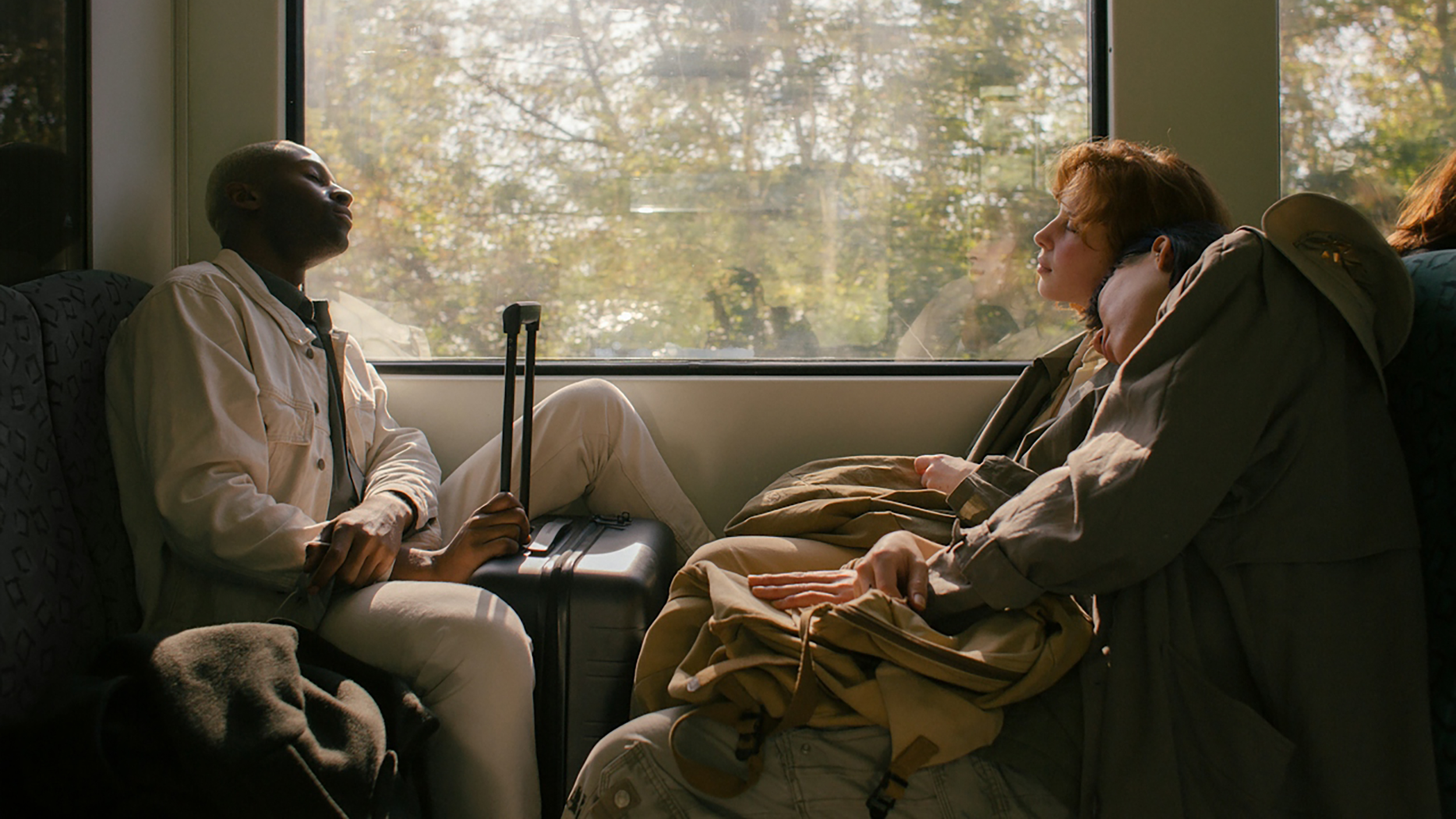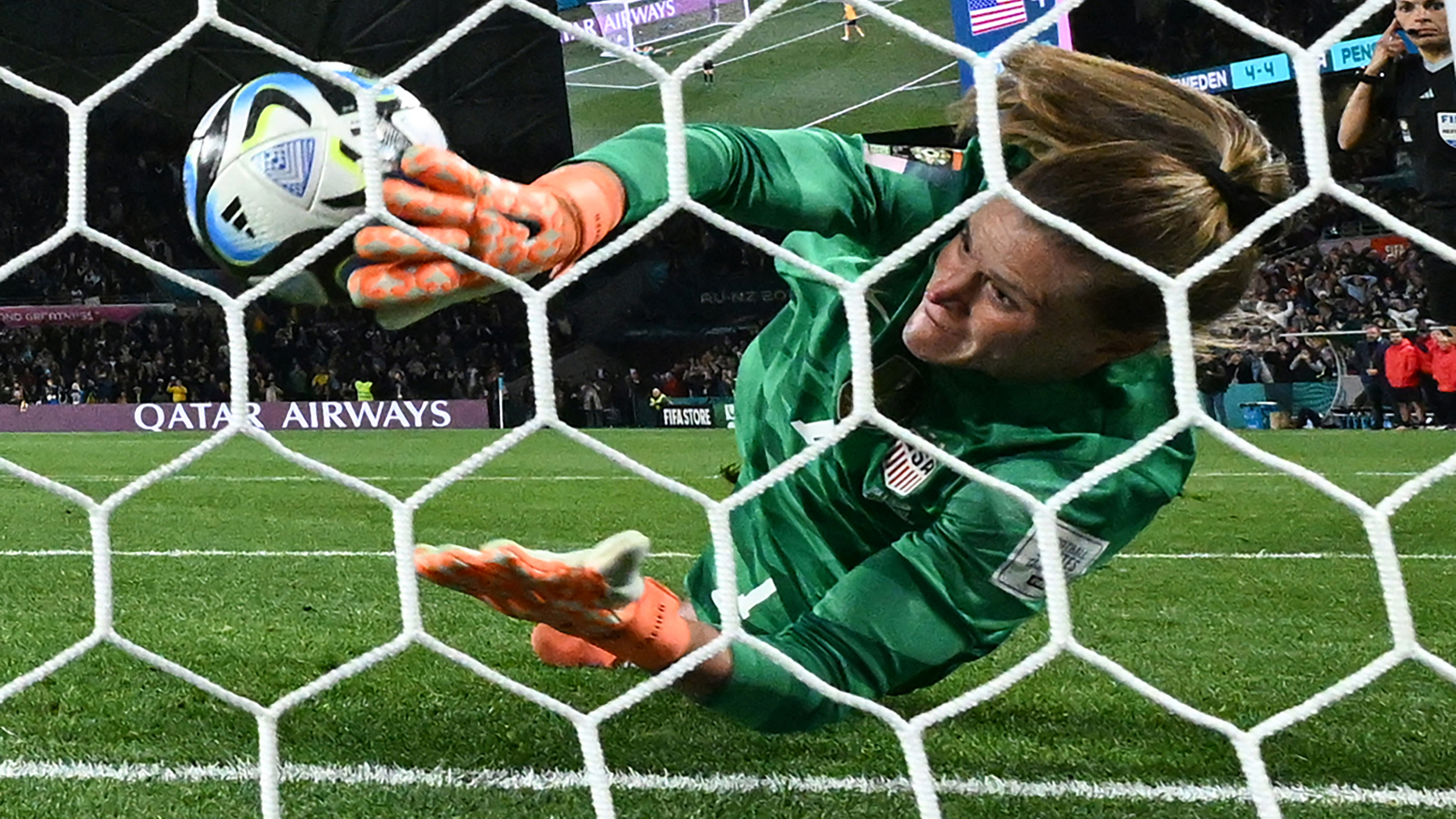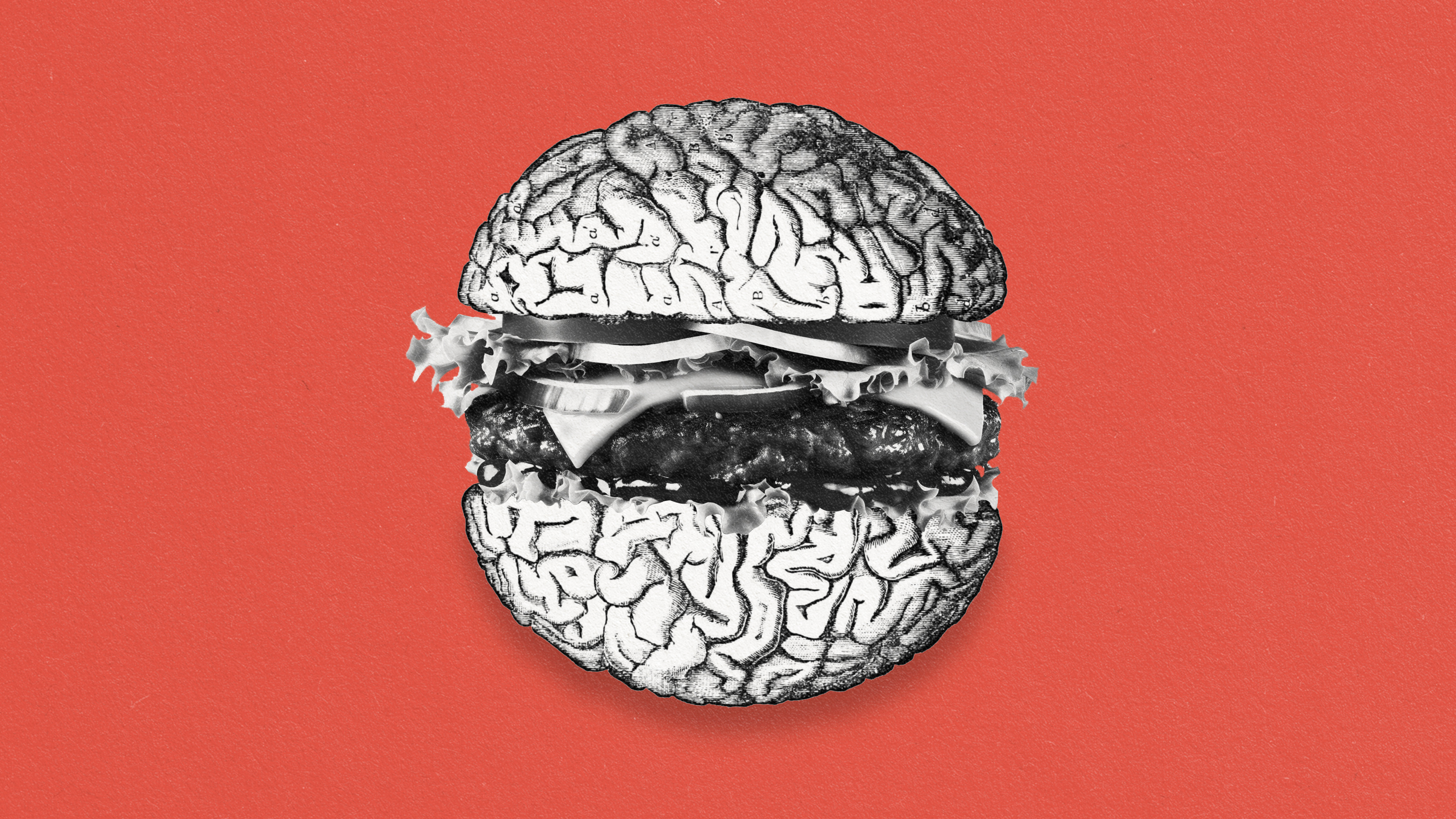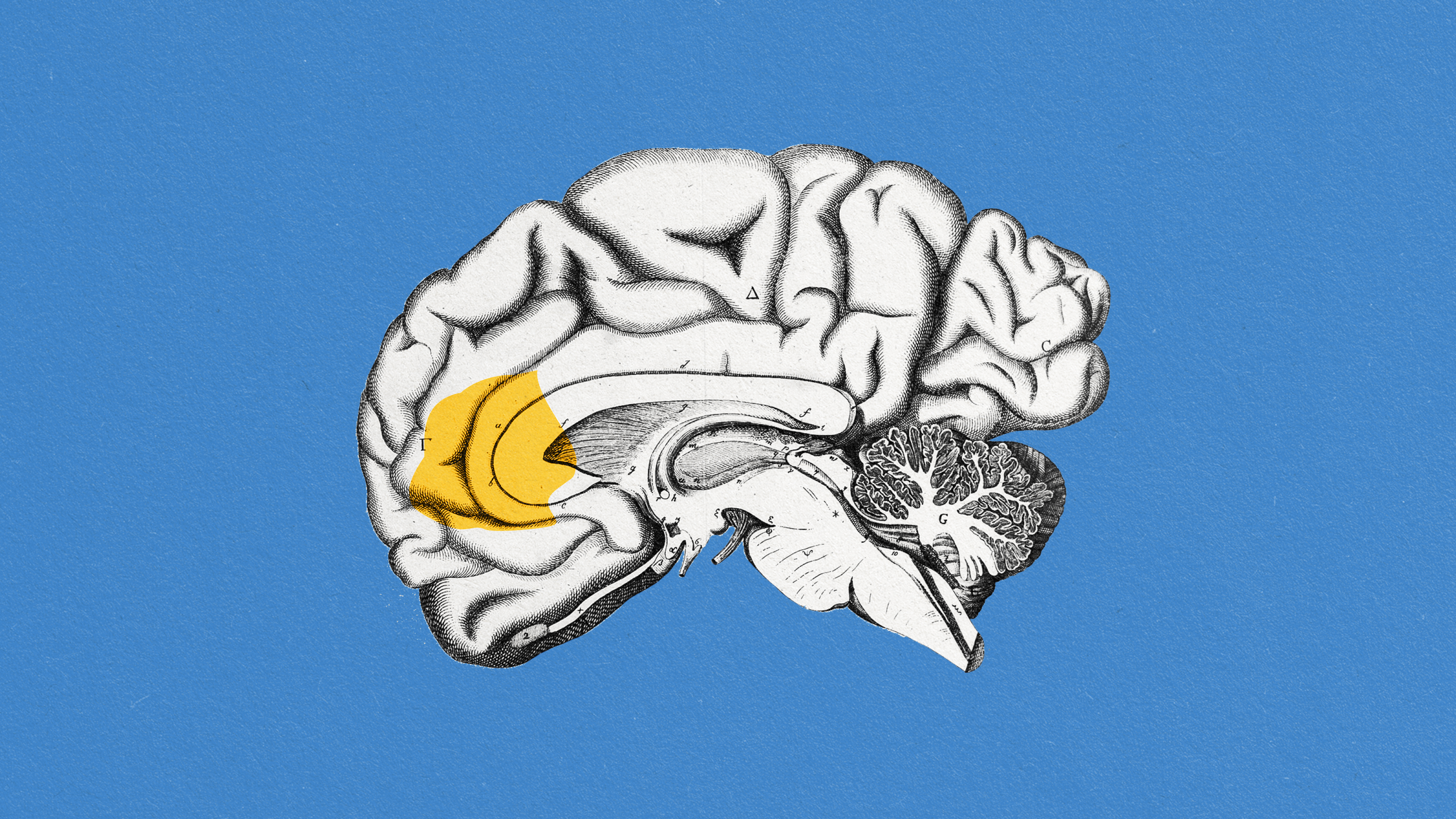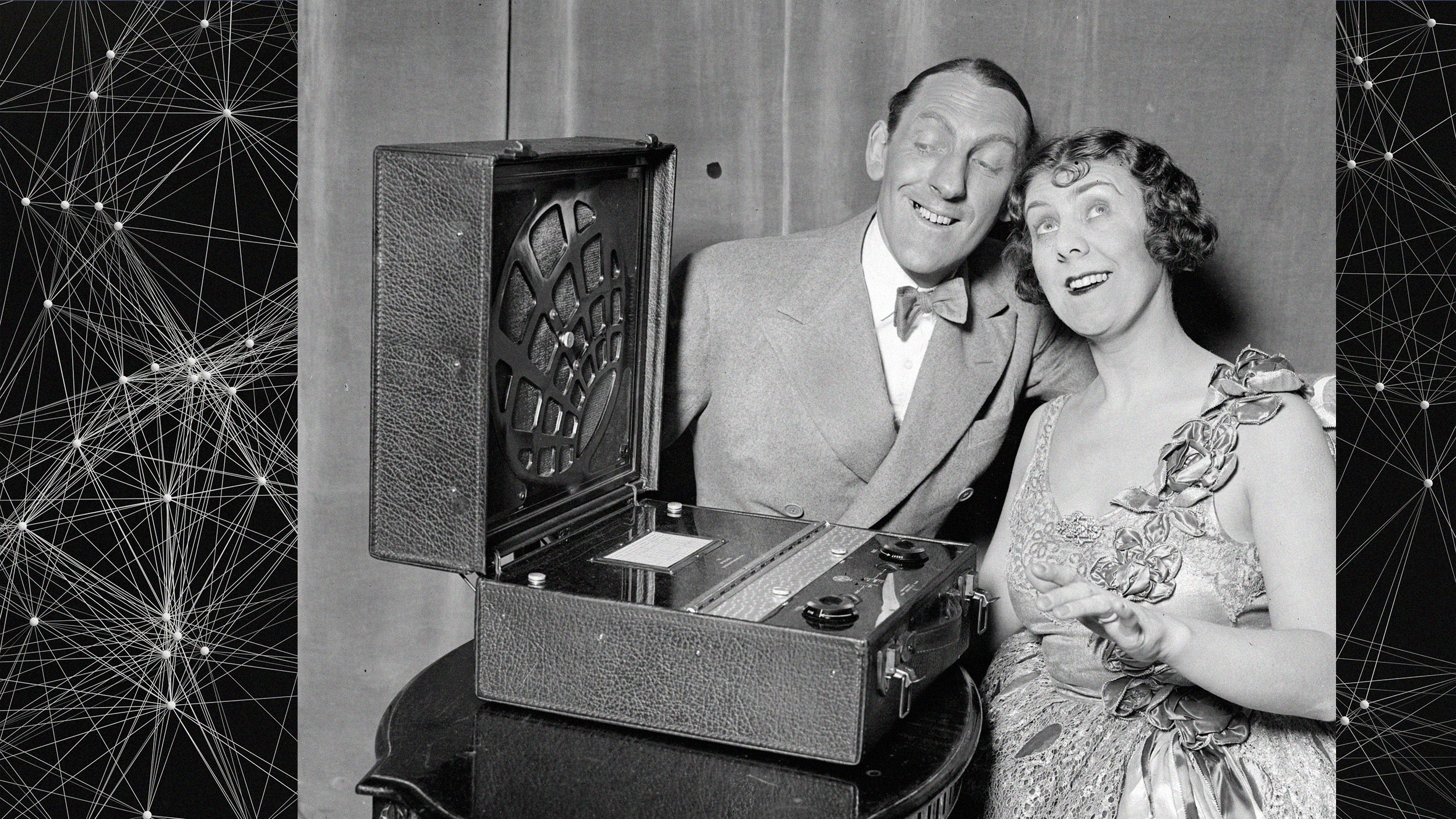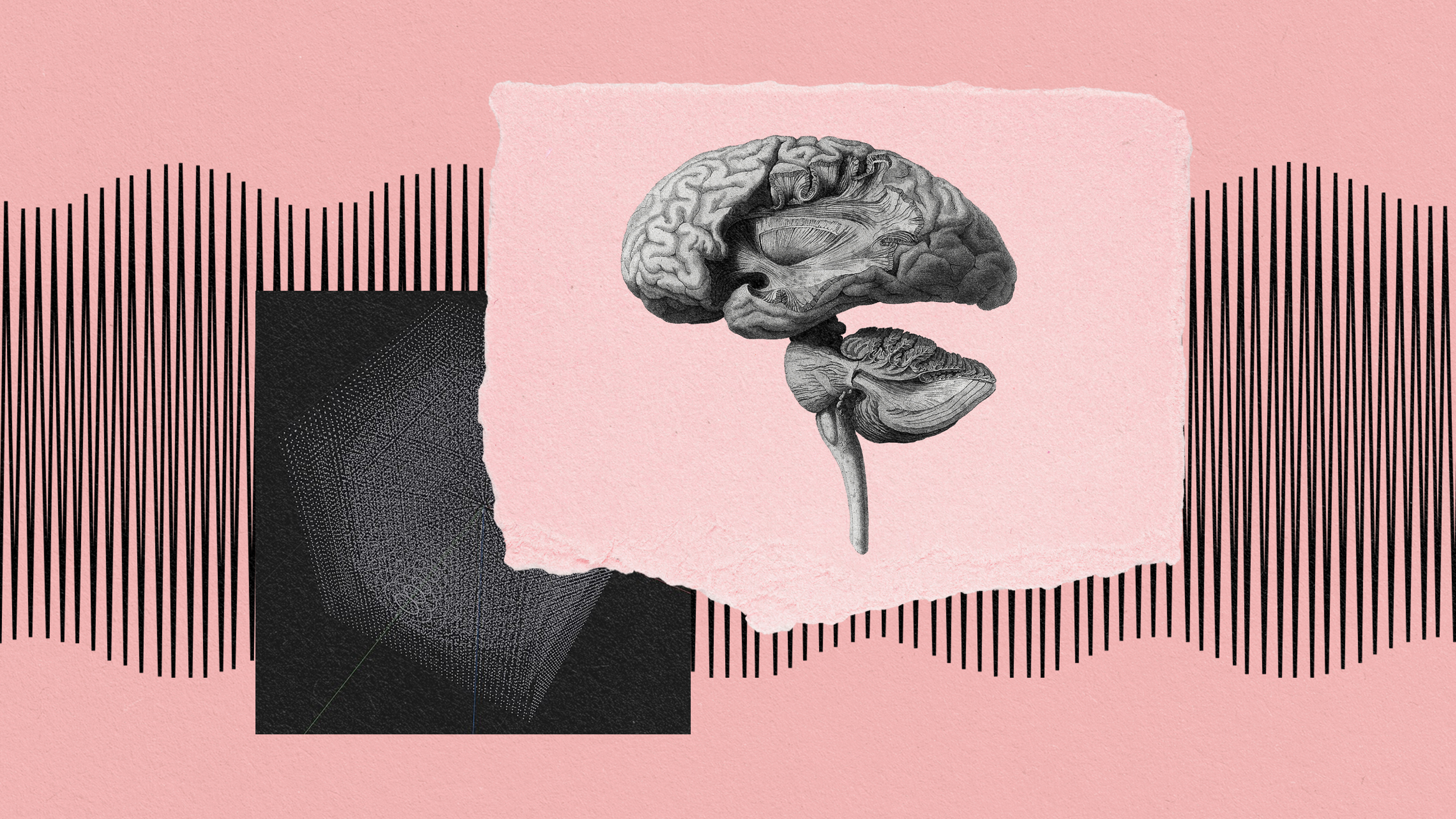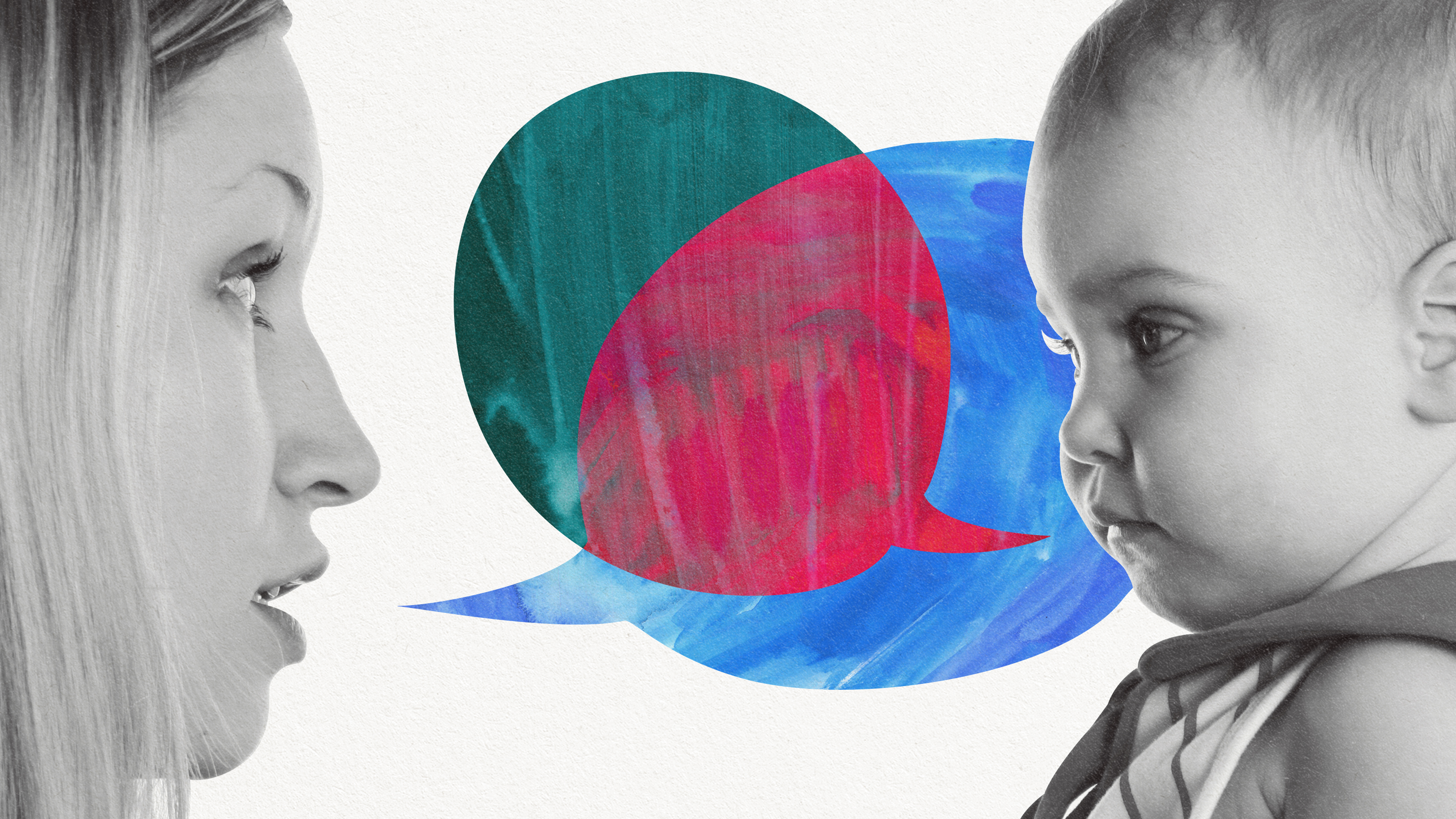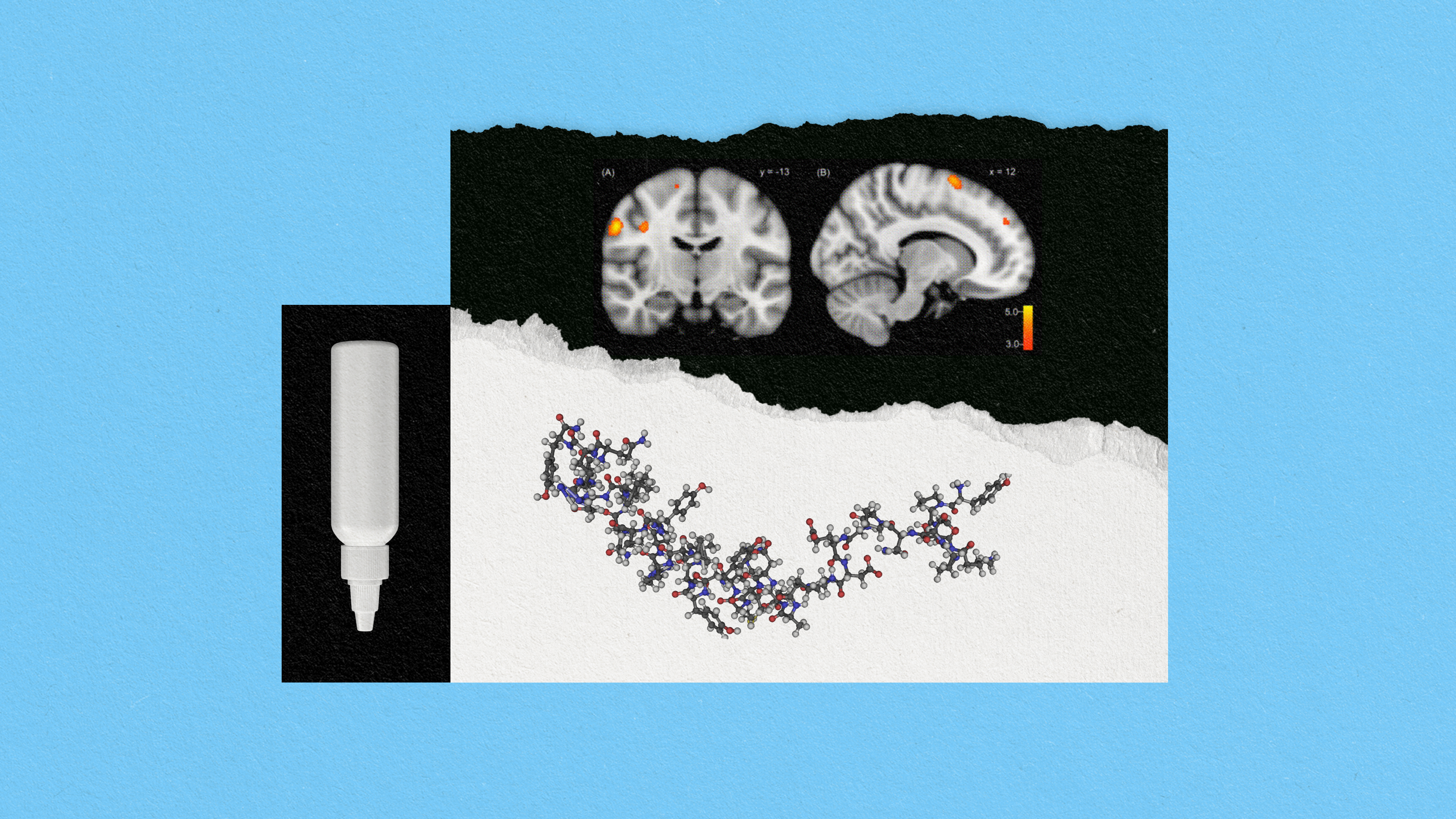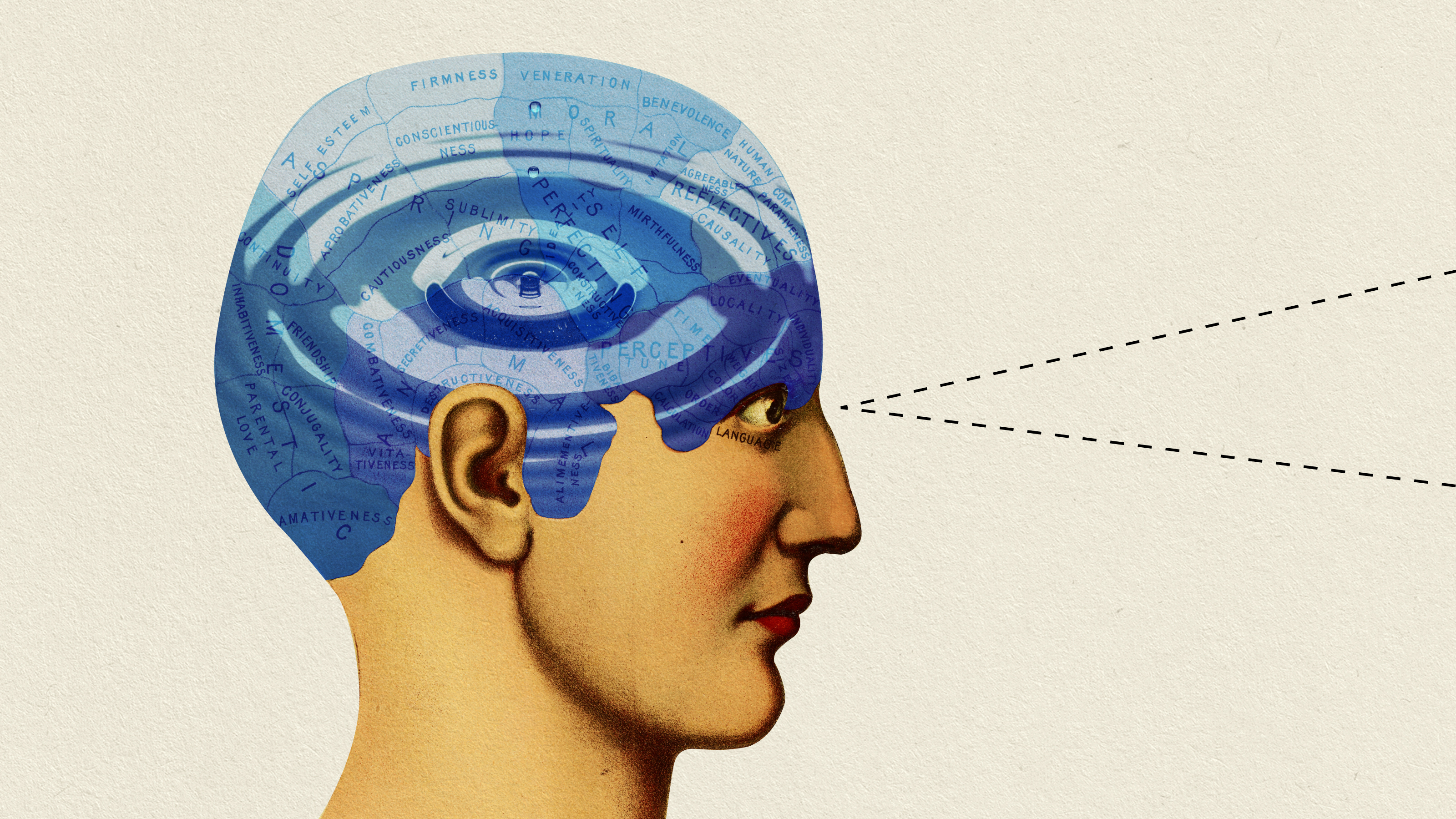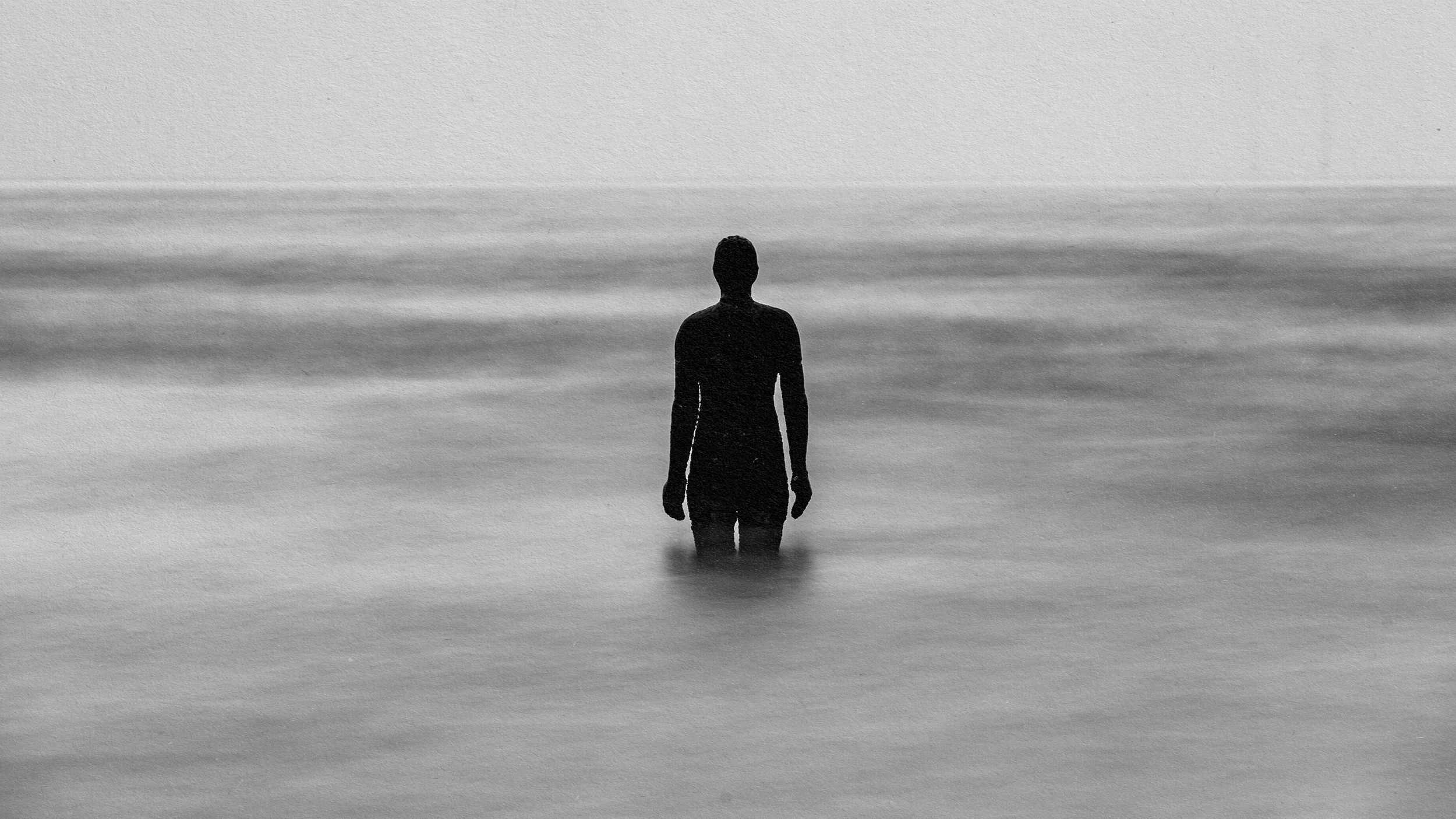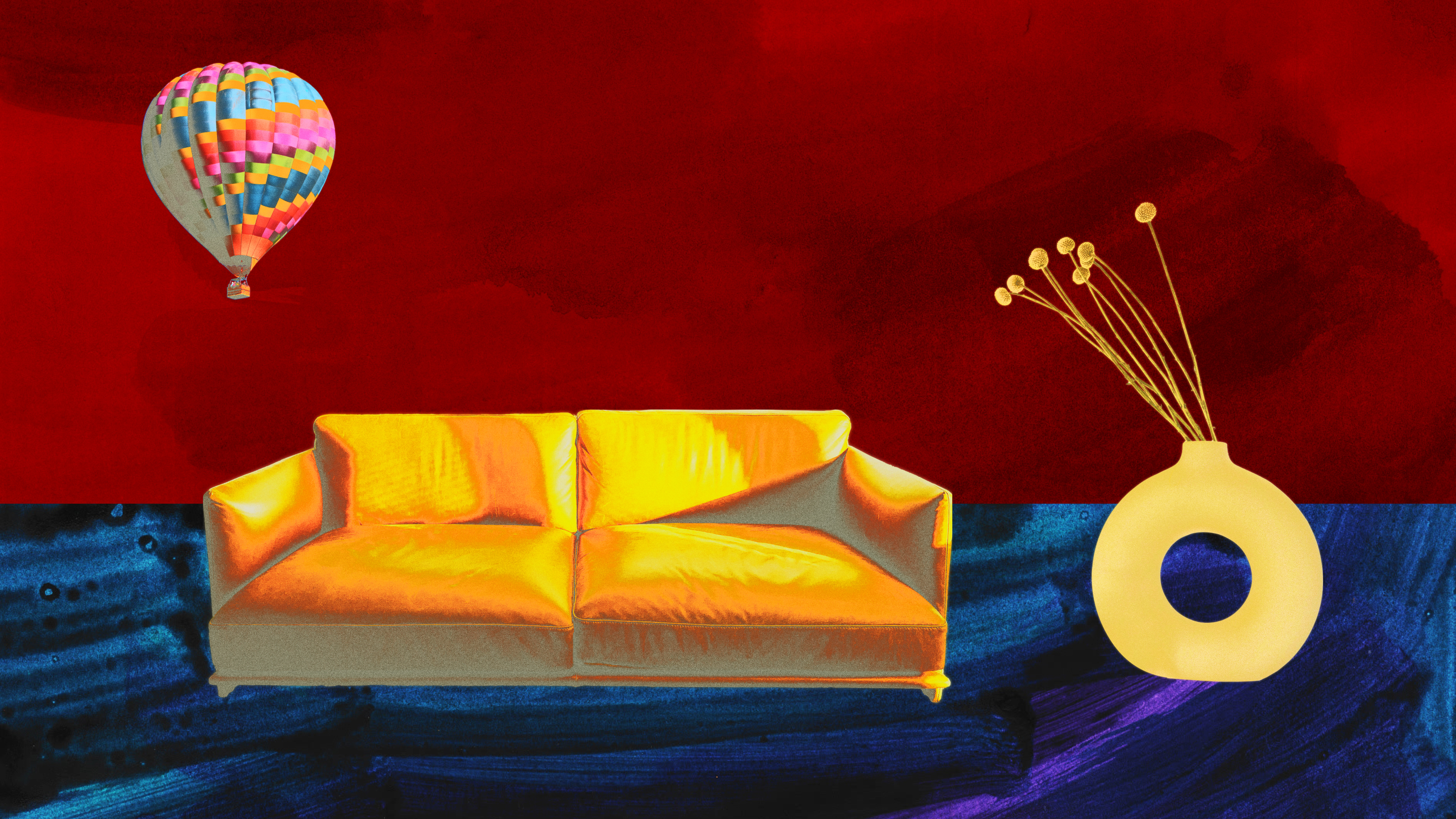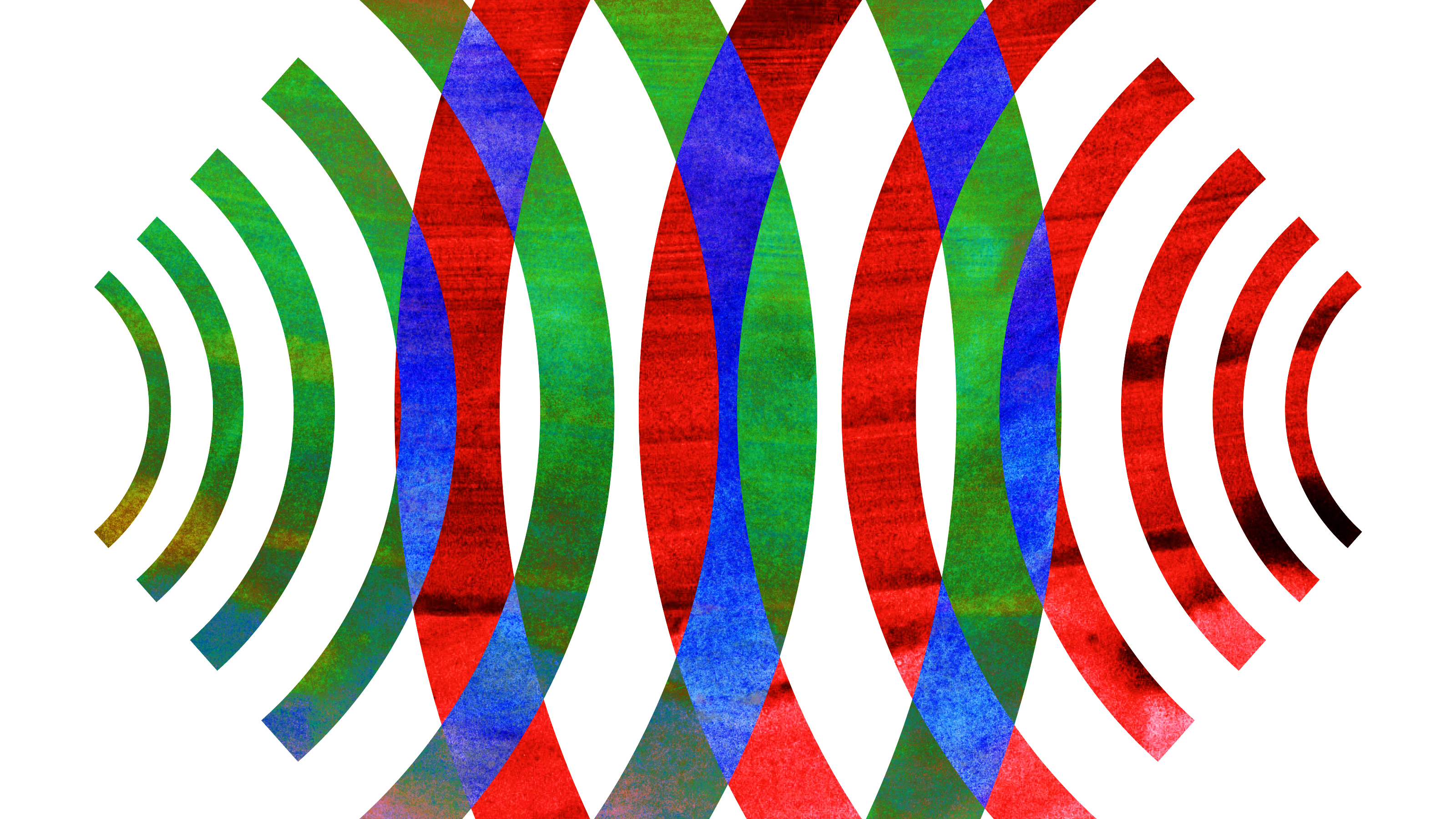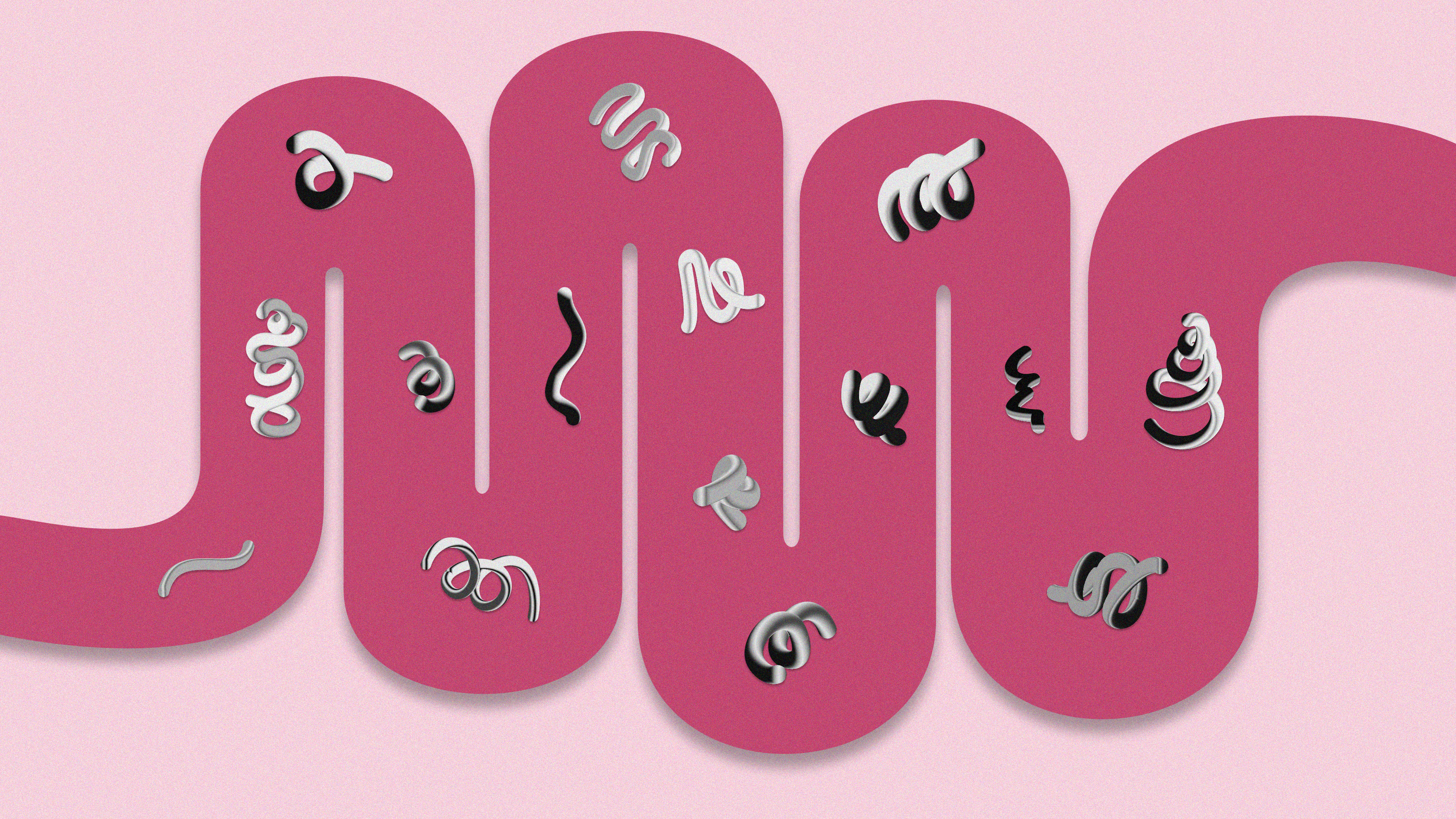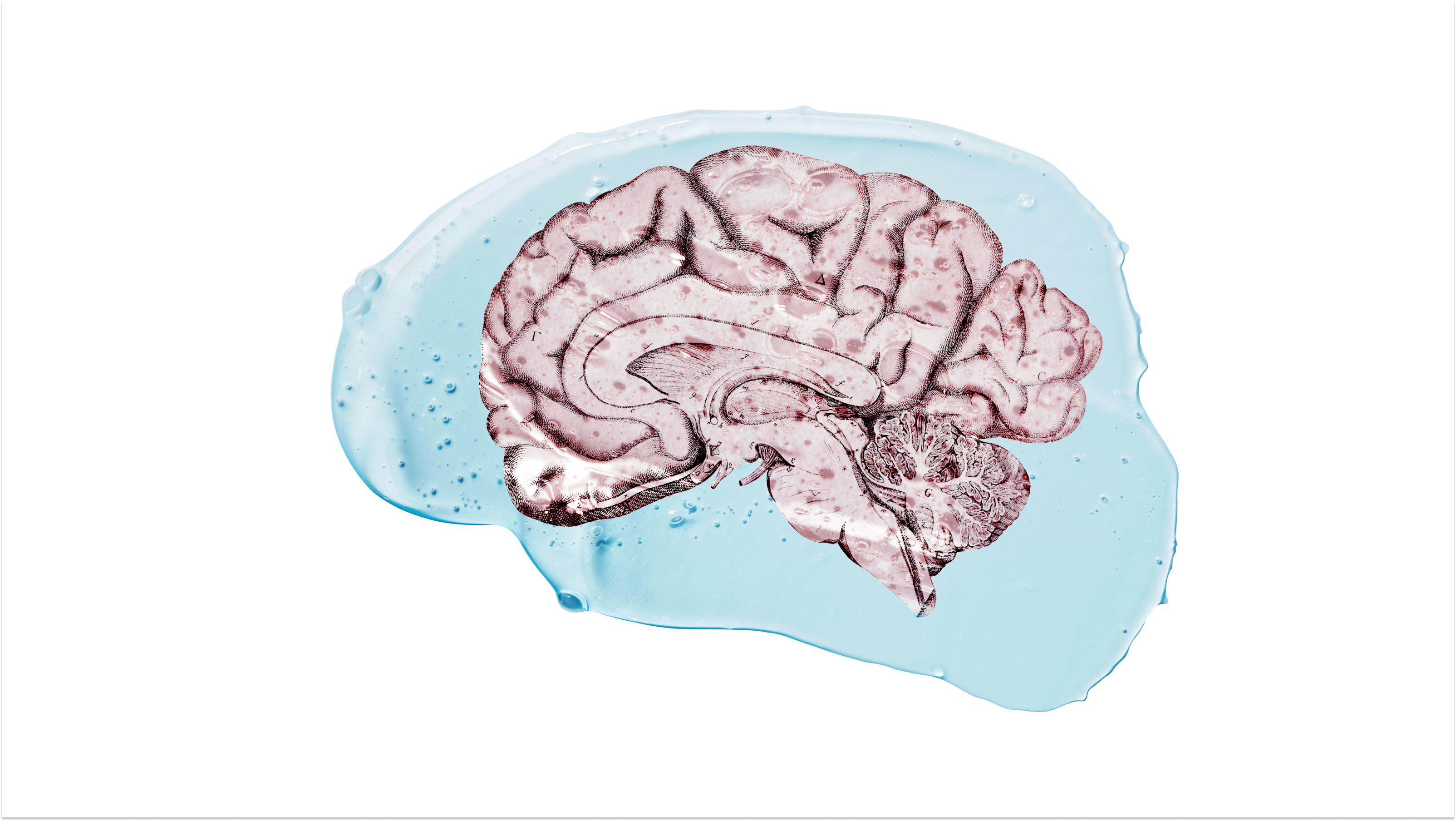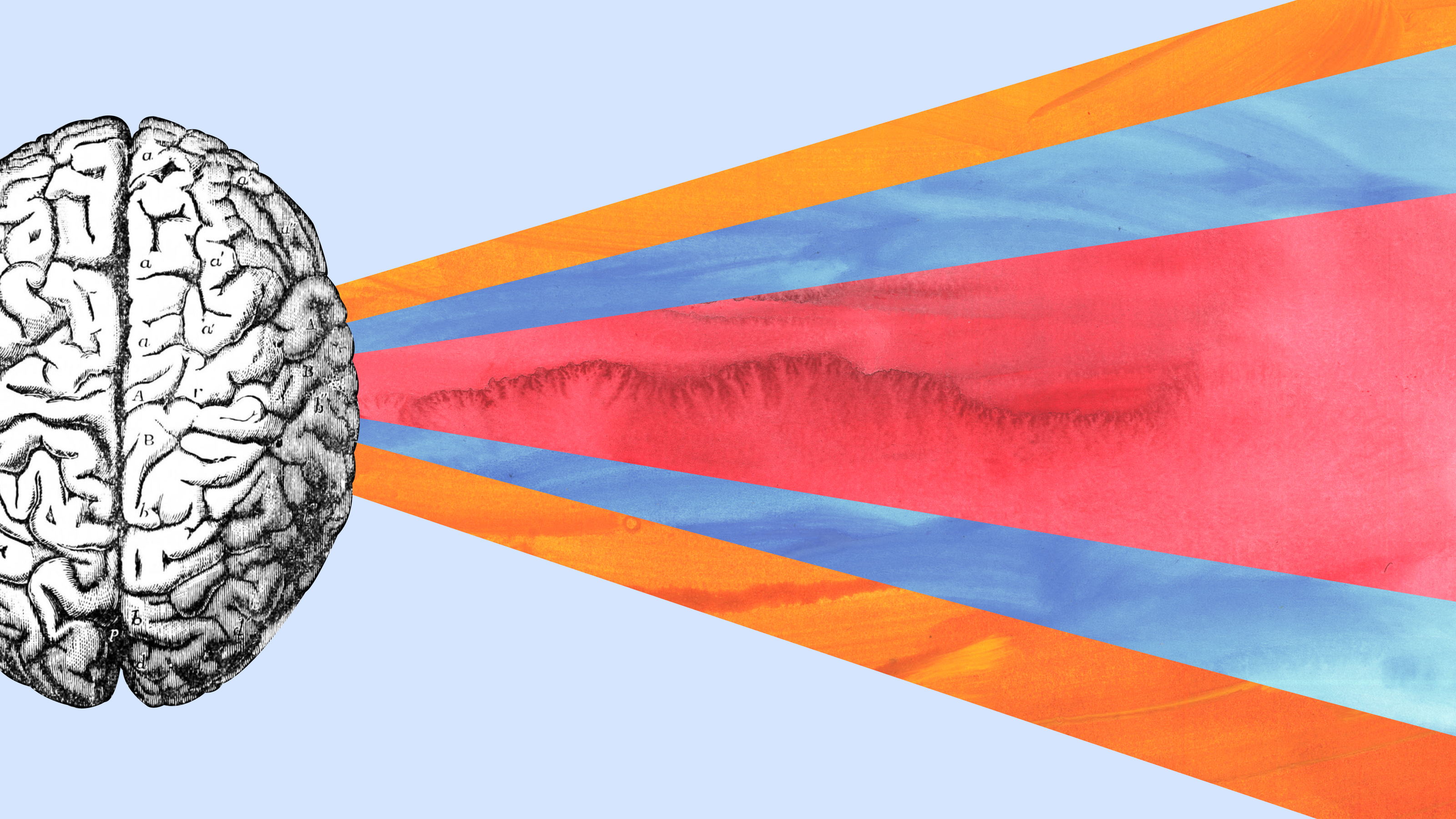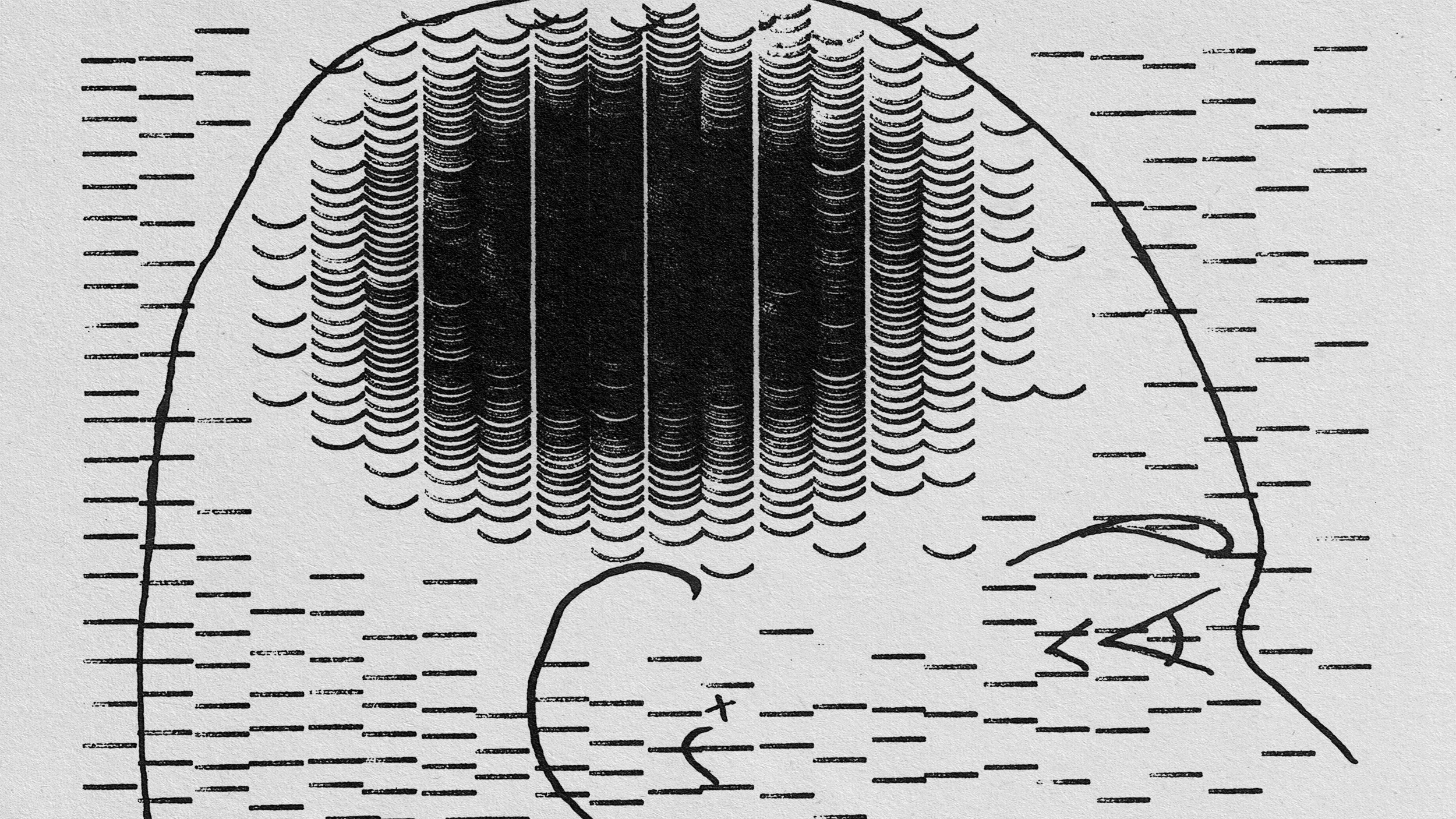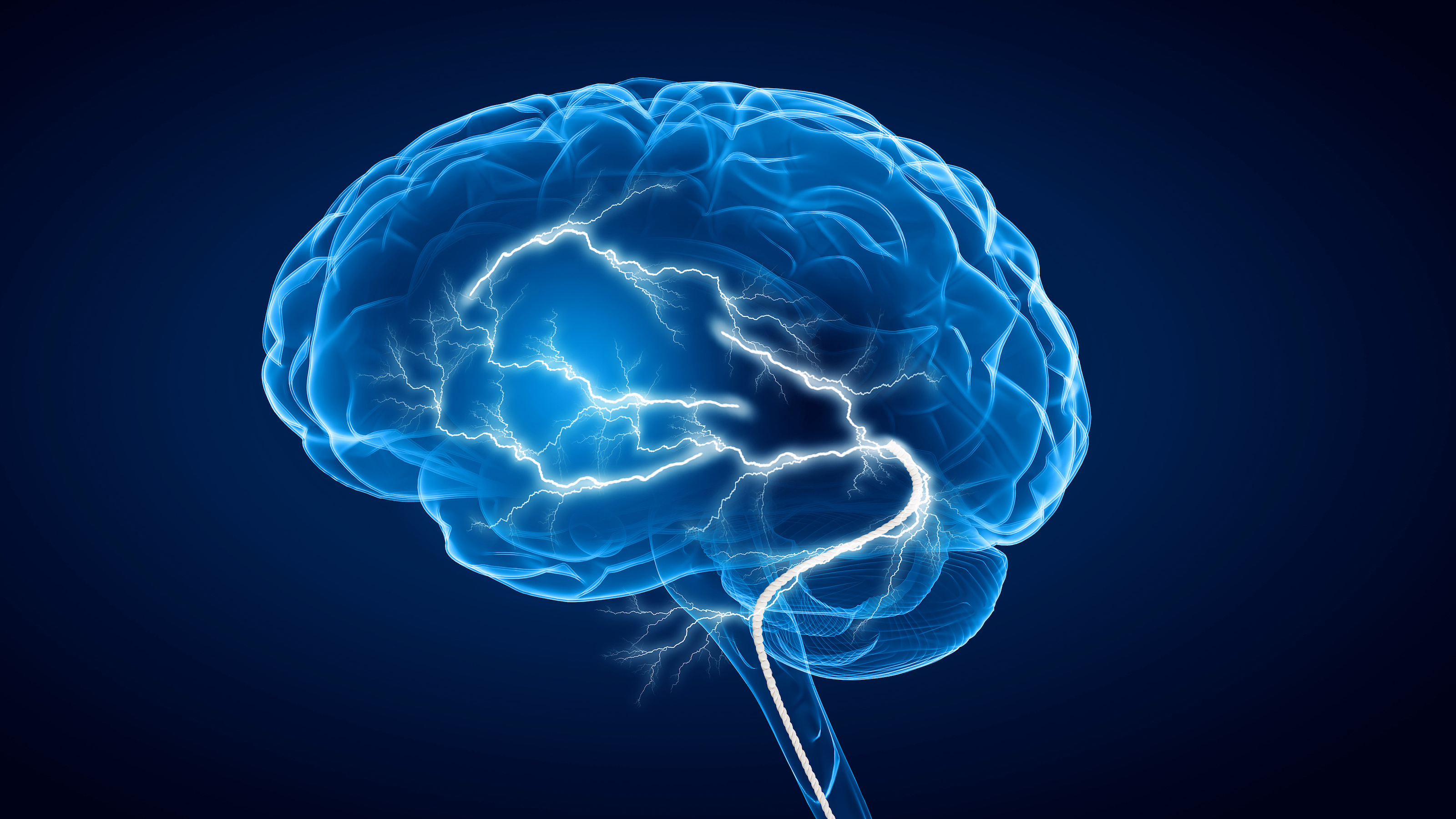Mo Costandi
Moheb Costandi is a freelance science writer based in London. His work has been published in Nature, Science, Scientific American, The Guardian, and New Scientist, among other publications. His latest book is Body Am I: The New Science of Self-Consciousness (MIT Press, October 2022). He also authors the blog Neurophilosophy. Follow him on Twitter @mocost.
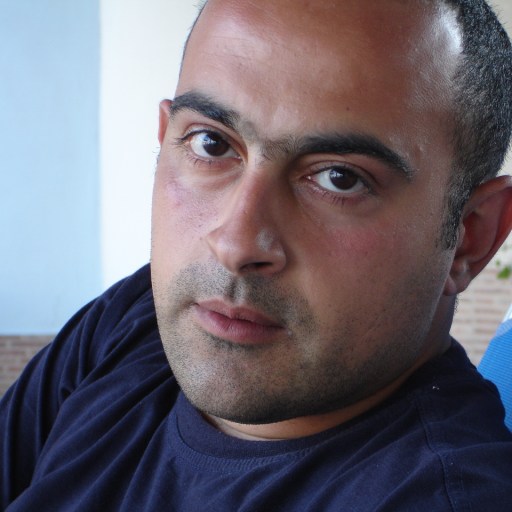
Could subfertility be an under-explored factor in autism risk?
Even before birth, our brains are taking note of the languages we hear.
While executive function matures between 18 and 20 years of age, the brain keeps changing long afterward.
Lucid dreamers may have “privileged access to their inner world,” with “heightened awareness... to the outside world.”
What a long strange trip it's been.
Goalkeepers have an enhanced ability to integrate auditory and visual information compared to other players.
Only about 10% of patients survive cardiac arrest. Of the ones who do, many have amazing stories to tell.
Chronic pain is often driven by brain processes that can be reprogrammed.
Language influences how you visually process the world, which in turn influences your memory of it.
A high-fat diet might trigger inflammation of the hypothalamus.
The structure is fully developed in humans, partially developed in chimps, and completely absent in Old World monkeys.
Your heart rate reveals your brain activity, which in turn can predict hit songs — and maybe stock performance, as well.
Will we ever unravel the mystery of consciousness? Two academics made a 25-year bet on it. The scientist lost.
Synchronized activity between the hippocampus, prefrontal cortex, and thalamus plays a role in memory consolidation.
In the ongoing battle against PTSD, a potential new weapon emerges: a nasal spray loaded with neuropeptide Y.
New research shows that the transition from general to specific memories involves the maturation of inhibitory neurons in the hippocampus.
Brain activity may be more like "ripples in a pond" rather than signals sent on a telecommunications network.
A new study from Finland suggests that we all process the behavior of others using the same neural networks.
The dying brain experiences a surge of electrical activity. Could this help explain the mysterious phenomena of near-death experiences?
The hallucinations that characterize schizophrenia may be due to a "reality threshold" that is lower than it should be.
A recent study highlights the astounding adaptability of the human brain.
Striking differences in the composition of the gut microbiome suggest that fermented food could help those suffering from anorexia.
A recent study is the first to fabricate electronic components from endogenous molecules.
The content of our long-term memories is constantly "reconstructed" by our brains. The same is true of memories formed mere seconds ago.
Our brainwaves naturally synchronize with external stimuli like flickering lights. Here's how the phenomenon might boost learning.
This was largely a philosophical question until 2005, when a surgical team in France performed the first partial face transplant.
The ability to decode acoustic information from brain activity aids the development of brain-computer interfaces that restore communication in patients who suffer paralysis.
This is the latest study to confirm that the brain does not fully mature until at least the third decade of life.
